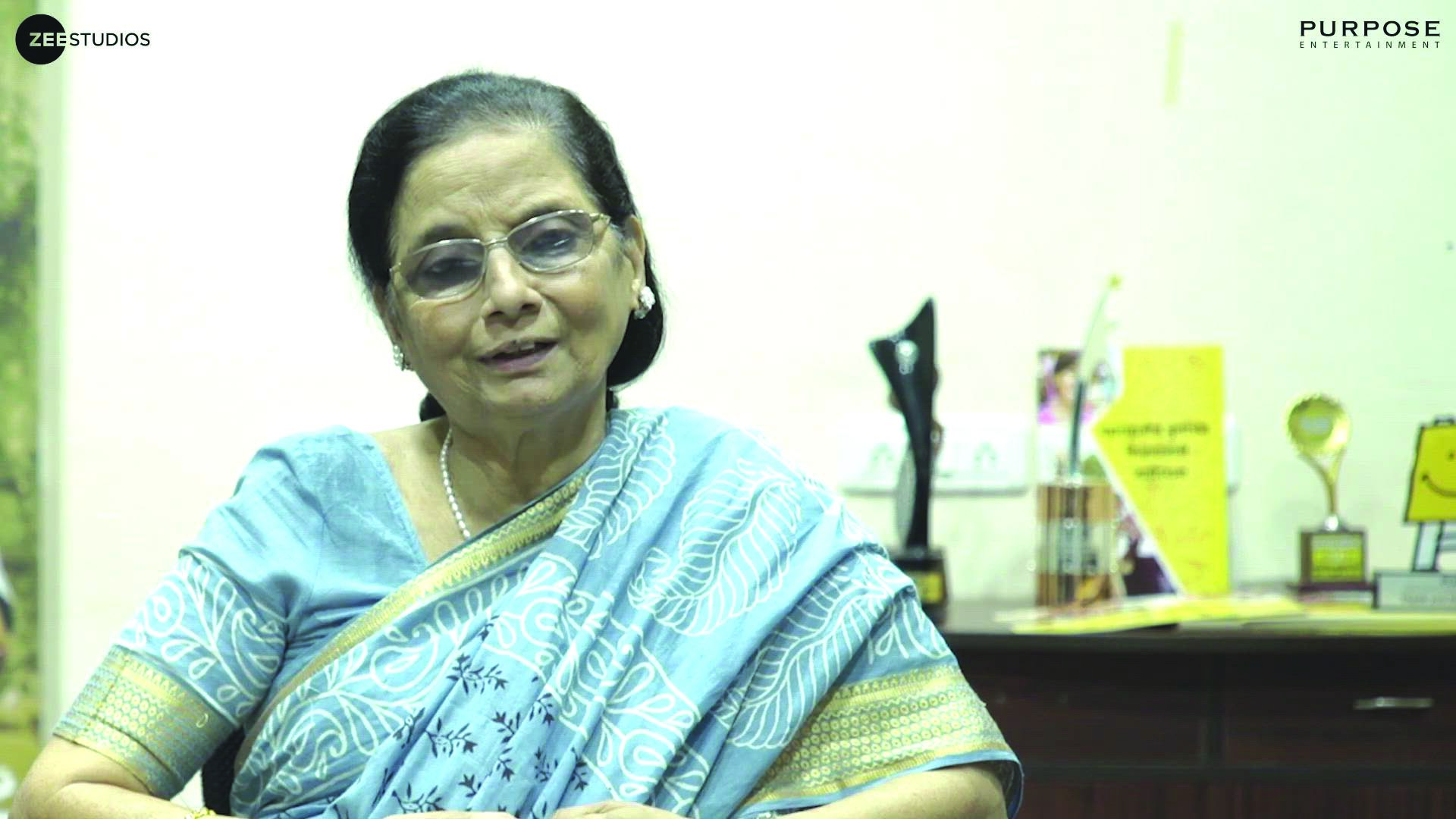As society becomes sensitive to the needs of the disadvantaged this hitherto abnegating profession is attracting the young and idealistic

In a country in which the majority of the population is poor and underprivileged, social work is a fast-growing profession which entails helping individuals — children, teenagers, adults, families, even whole communities and groups — to find solutions to problems with which they cannot cope on their own. And this hitherto abnegating profession is now attracting a growing number of the young and idealistic as society becomes more sensitive to the needs of the physically and socially disadvantaged.
A social worker doesn’t have to take the first job that comes along, or be ready to tackle any problem. In practice, most social workers choose the group they would prefer to work with (e.g. teenagers or the aged), or avoid dealing with particular kinds of groups e.g. the mentally handicapped. The job opportunities of social workers are multiplying as they are being trained to take a much broader view of people’s difficulties.
STUDY PROGRAMMES. Professional training in social work demands completion of a postgraduate study programme leading to a Master’s in social work (MSW) degree which is offered in more than 30 universities across the country. MSW study programmes are usually of two years duration and include a period of hands-on field training which equips degree awardees with practical experience after qualifying. Most postgraduate courses offer specialisation in family and child welfare, community development (rural and urban), psychiatry, criminology, and correctional administration.
The admission requirement for MSW is a graduate degree in any discipline. Quite obviously there is no shortage of the young and idealistic because the competition for entry into MSW programmes is tough. For the 75 seats offered for the Master’s and bachelor degree courses by the Nirmala Niketan College of Social Work, Mumbai, it receives hundreds of applications. Usually a written test is conducted for admission into MSW programmes of all varsities.
Some of the better-known institutes/universities for the MSW programme are:
- Tata Institute of Social Sciences, Mumbai
- Nirmala Niketan College of Social Work, Mumbai
- Department of Social Work, Delhi University
- Faculty of Social Work, M.S. University, Baroda
- Jamia Millia Islamia, New Delhi
- Lucknow University
- Pali Samgathana Vibhaga (Institute of Rural Reconstruction), Viswa Bharati, Shantiniketan, West Bengal
- Department of Social Work, Bangalore University
- Amity Institute of NGO Management, Noida
The Tata Institute of Social Sciences (TISS), a deemed university which confers its own degree, also offers specialisation in labour welfare, psychiatry, and community development. For those who want to do research work, TISS offers doctorate level facilities as well.
JOB SATISFACTION. Job prospects for social work professionals are very good given the massive inflow of funds into the numerous socio-economic development programmes engineered by the Central and state governments, national and global NGOs, and international organisations such as the UN and its various agencies. The latter offer the best remuneration packages. For international NGO and UN assignments, knowledge of a foreign language is an asset. Other placements for social work professionals are in hospitals, social welfare agencies, community development projects both in the government and non-government sectors, remand homes, prisons, reformatories, mental hospitals, drug and physical rehabilitation centres etc. Remuneration packages are commensurate with the levels of responsibility and spectrum of activities. A freshly minted graduate usually gets between Rs.10,000-15,000 a month and those with a Master’s degree can expect between Rs.15,000-30,000 per month with Indian NGOs. However, if you land a job with a international agency, you could earn between Rs.30,000-50,000 monthly. Remuneration will be higher if you decide to join funding organisations.
Job prospects for social work professionals are very good given the massive inflow of funds into numerous socio-economic development programmes by the government, national and global NGOs

“The progress of a nation is not only measured by its industrial output but by the quality of its people as well, which can be improved only if society realises that it has a collective responsibility to work towards the development of its weaker sections. It is encouraging that careers in social work are currently attracting many young people with employment in this field increasing more than 100 percent,” says Farida Lambay, former vice-principal of the Nirmala Niketan College of Social Work, who’s been actively involved in social work for over three decades.
According to Lambay, a growing number of students are signing up for the three-year bachelor’s degree in social work instead of streaming into BA and B.Com programmes because of readily available employment which could also be a stepping stone to other careers. Some social work graduates press on to read for their Master’s in labour welfare, communications, law, and HRD, with even arts and commerce graduates opting for MSW programmes as opportunities are unlimited in this field.
An achievement of which Lambay is particularly proud is the co-founding of the Mumbai-based education NGO, Pratham whose highly-focused objective is to ensure that every child is educated.
Summing up, Lambay is convinced this young profession has a great future. “It’s an emotionally draining profession with long hours of work. But those looking for creative challenges and emotional satisfaction will find the profession rewarding as they can contribute a great deal to society,” she says.
(Excerpted from 101 Great Careers for the 21st Century by Indra Gidwani, 2016)
Also Read: Skilling unorganised sector workers























